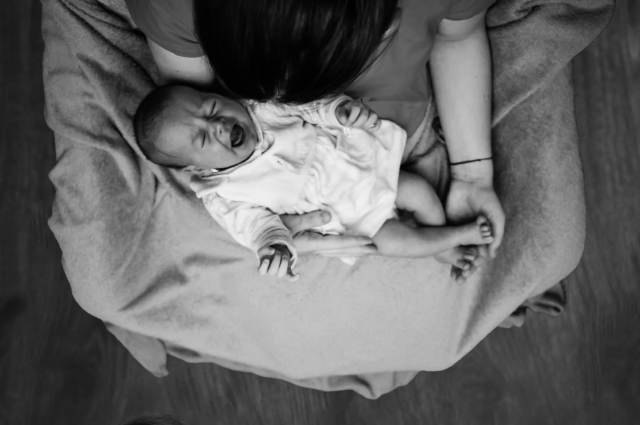
Photo by Sergiu Vălenaș on Unsplash
In the last few days, the most popular word on social websites is 'dink' (DOUBLE INCOME NO KIDS). It is a tendency or a mindset. That is, dual-earner couples tend to avoid having children. These are people who believe they can be financially ahead of couples who spend their money on child-rearing.
Although this dink culture is widespread in Western countries, recent studies say that in India, which has a strong social structure and rich culture, dink culture is gaining attention among the younger generation. Is this mindset healthy?
Dink culture is something that already exists in the West. The news that it is now dominating India reveals the effect of the cultural shift taking place in our country. Most people in India now, regardless of age, hold the Western culture in high esteem and do not care about our culture.
The funny thing is that people from Western countries realize the superiority of Indian culture and love it. They want to come here and learn. But we, too, are getting a little too steeped in Western culture.
For the much-talked-about 'living together lifestyle, Dink seems as good as it gets. There is no talk of marriage in Living together. But, according to Dink culture, marriage happens. It was that couple who said, 'You have to earn, I have to earn. We will both be happy with that money. We don't want children. They decide they don't need to take on the responsibility of raising, raising and settling children.'
Generally, the development of a society requires some restraints. A healthy environment and development will exist only if the behaviour of the person is consistent. For example, in our social structure, we take care of our parents till their last days. Our children will take care of us. Ours is the structure that builds relationships and embraces them.
To move our lives, we need a grasp on something. That grasp is often children's. Starting from children's education and thinking about marriage, husband and wife will be on their toes, and life will run fast. Children will be a bridge to cross even the smallest problems between husband and wife. But the context of this dink culture is different.
They will have a happy life till the age of 35 to 40. You can eat what you want, buy different clothes, and travel around the world. All the facilities like jewellery, cars, and bungalows will be there. On top of that, there will be a void in life.
First, there is longing for the child. Conceiving a child after the age of 40 can cause some physical and mental problems. Can the child be adopted at that time? The thought comes. Thus, when the husband and wife struggle to fill that void, a rift falls between them. Over time, the rift widens and the two may even separate. All in all, dink culture may seem fine at a young age, but it can keep life from reaching its full potential after age 40.
